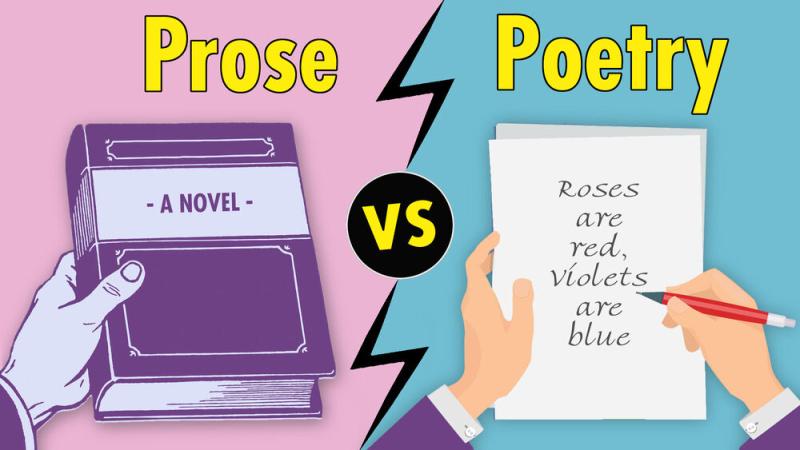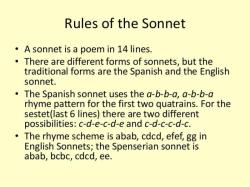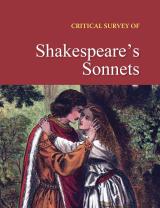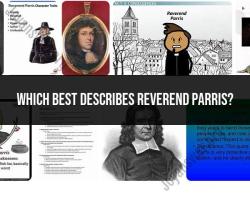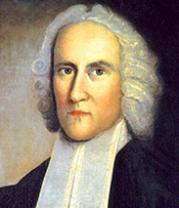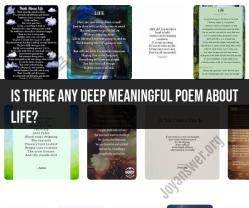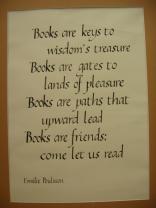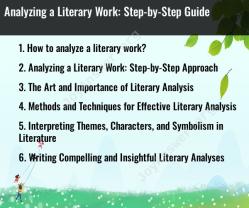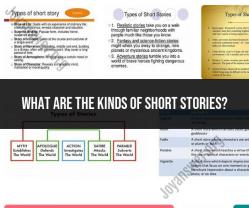Why do authors choose poetry over prose?
Authors may choose poetry over prose for various reasons, as the decision often depends on personal preferences, artistic expression, and the nature of the content they want to convey. Here are some perspectives that authors might consider when opting for poetry:
Emotional Intensity:
- Poetry allows authors to convey intense emotions and experiences in a condensed and powerful form. The brevity of poems can create a concentrated impact, making it a suitable medium for expressing complex feelings.
Artistic Expression:
- Some authors are drawn to the artistic and aesthetic qualities of poetry. The use of metaphor, symbolism, rhythm, and wordplay in poetry provides a unique canvas for creative expression that may not be as prevalent in prose.
Exploration of Language:
- Poetry often encourages experimentation with language. Poets play with words, sounds, and structures, pushing the boundaries of linguistic expression. This linguistic exploration can be a motivating factor for authors who enjoy the artistry of language.
Ambiguity and Interpretation:
- Poetry often allows for ambiguity and multiple interpretations. Authors who appreciate the beauty of open-ended meanings and the ability to evoke different emotions in readers may choose poetry to leave room for individual interpretation.
Focused Themes:
- Poetry lends itself well to exploring specific themes or moments in a concentrated manner. Authors may choose poetry when they want to delve deeply into a particular subject, capturing its essence with precision.
Personal Connection:
- For some authors, poetry offers a more personal and intimate means of self-expression. The brevity and intensity of poems can create a direct and immediate connection between the author and the reader.
Challenge and Craftsmanship:
- Crafting a poem can be a challenging yet rewarding process. Some authors are drawn to the craftsmanship of poetry, enjoying the discipline required to convey profound thoughts and emotions within a limited space.
Accessibility:
- Poetry can be more accessible to readers who prefer shorter and focused literary experiences. It allows for a quick yet impactful engagement, making it suitable for those with busy lifestyles.
Nonlinear Narrative:
- While prose generally follows a linear narrative, poetry allows for nonlinear structures. Authors who want to experiment with nontraditional storytelling or convey fragmented experiences may find poetry to be a suitable medium.
Ultimately, the choice between poetry and prose is a deeply personal one for authors. Some writers may switch between the two forms depending on the message they want to convey and the artistic expression they seek to achieve.
Choosing Poetry: The Allure of the Condensed Muse
The draw of poetry for authors goes beyond a simple stylistic preference. It delves into the unique expressiveness, personal connections, and cultural resonances that prose can't always emulate. Let's unpack your questions:
1. Poetry as Choice:
Authors choose poetry for various reasons:
- Conciseness: Poetry condenses emotion, imagery, and meaning into potent bites. It allows authors to express complex ideas with nuanced wordplay and figurative language, where every word carries weight.
- Musicality: Rhythm, rhyme, and meter create a musicality that can evoke powerful emotions and enhance the reading experience. Poets can paint soundscapes and manipulate rhythm to amplify their message.
- Emotional Impact: Poetry's condensed form lends itself to immediate emotional connection. It bypasses logical analysis and touches readers on a visceral level, leaving them with deep impressions.
- Imagination and Symbolism: Poetic license lets authors delve into the realm of metaphor, symbolism, and allegory. It opens doors to explore the subjective and ambiguous, sparking new ways of seeing and understanding the world.
2. Unique Qualities and Expressions:
Poetry offers:
- Precision of Language: Every word is meticulously chosen for its sound, meaning, and emotional impact. Poets sculpt and refine language to achieve a level of nuance rarely found in prose.
- Focus on Form: The structure itself, whether sonnets, free verse, or haiku, adds another layer of meaning and expression. Form can guide the reader's journey through the poem, creating distinct effects and experiences.
- Universality and Specificity: Poetry can grapple with universal themes like love, loss, and existence while simultaneously expressing personal experiences and unique perspectives.
- Emotional Contagion: Poetry's condensed form allows for a quick exchange of emotions between author and reader. The reader becomes an active participant in the poem's creation, filling in gaps and resonating with the poet's feelings.
3. Personal, Artistic, and Cultural Influences:
- Personal Connection: Some authors feel a deeper connection to the emotional intensity and subjectivity of poetry. It allows them to express personal experiences and inner worlds in a way that feels more authentic than prose.
- Artistic Challenge: The formal constraints and expressive demands of poetry can be creatively invigorating. Mastering them and forging one's own voice can be a rewarding artistic journey.
- Cultural Heritage: Many cultures have rich traditions of oral poetry, epics, and verse forms. These traditions can inspire and influence authors, shaping their artistic choices and connecting them to their cultural roots.
4. Navigating the Choice:
Authors consider several factors:
- Creative Goal: Is the primary aim to convey information, tell a story, or evoke emotions? Different goals may favor different forms.
- Subject Matter: Certain themes or ideas might inherently lend themselves better to poetry or prose.
- Voice and Style: The author's natural inclinations and stylistic strengths may guide their choice towards one form or the other.
- Experimentation and Exploration: Writers often experiment with both forms, discovering their own personal strengths and finding the best medium for each creative project.
5. Significant Contexts and Genres:
The choice between poetry and prose becomes especially crucial in:
- Lyric Genres: Poetry dominates song lyrics, focusing on emotional expression and musicality. Prose narratives are less common in this context.
- Confessional Writing: Personal essays and memoirs sometimes incorporate poetic elements to delve deeper into emotional experiences and subjective truths.
- Experimental Literature: Authors may blur the lines between poetry and prose, creating hybrid forms that challenge conventions and defy categorization.
Ultimately, the choice between poetry and prose is a personal journey of exploration and expression. Every author must discover their own voice and the form that best serves their creative vision.
